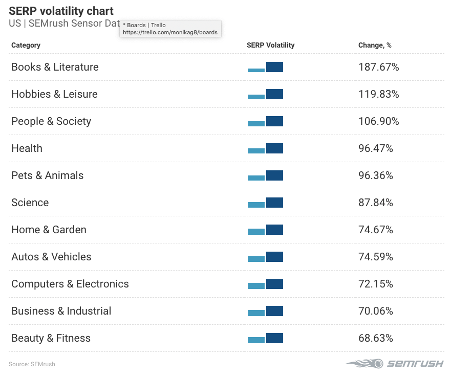How coronavirus is impacting ecommerce and ways we spend money
23rd June 2020
The ongoing Coronavirus pandemic is affecting every part of our lives at the moment, from the places we can go, the people we can see, to how we spend our free time and even how we spend our money.
Until last week, we had no choice but to replace visits to the high street with online shopping, not only to avoid long queues outside the retail stores, but to minimise the risk of spreading the Coronavirus.

But even with more people buying online, brands across the globe are increasingly concerned about the ongoing and lasting effects of the virus and how this will change consumer behaviour going forward.
The Covid-19 outbreak has been a challenging time for us all, particularly so for retailers. Businesses are having to adapt to constantly changing guidelines and health and safety requirements, whilst juggling the day-to-day running of their businesses, on much lower staffing levels, but still miniating high levels of customer service. But, as with everything, there is a light at the end of the tunnel.
“As patterns begin to emerge in response to news events of this nature, it will be imperative for companies to learn from these scenarios so they can sustain growth even in times where COVID-19 has uprooted people’s lives. These patterns will help provide leading and trailing indicators to those trying to understand how people will respond as developments continue to play out at different times in different countries.”
— Scott McKenzie, Nielsen’s Global Intelligence Leader
COVID-19 Top Impact on Industries
According to the SEMrush study, the ‘Health’ category saw the highest spike in search traffic during the Coronavirus outbreak. However, with people adapting to the ‘new normal’, other categories such as Books and Literature, Hobbies and Leisure (toys, games, sporting goods) and Autos & Vehicles are seeing a spike in online searches.

UK Retail Sales in May 2020
According to the Office for National Statistics online purchases in May accounted for 33.4% of all retail in Britain, a month-on-month growth of 11.8%. Almost half of all clothing, textile and footwear sales (49.4%) were non-store. As a result, retailers such as Boohoo Group saw their sales increased by 45% year-on-year in the three months to May.
Non-food stores made up 11.3% of all food sales last month and were the largest contributors to the monthly growth in May 2020, supported by a strong increase of 42.0% in household goods stores, with the opening of hardware, paints and glass stores reflected in this sector, jumping by 25.2% MOM.
However, if we compare these figures with the same month last year, value sales fell by 14.2% and volume sales by 13.1%. Looking at March to May, we see the value sales falling by 13.9% and volume sales decreasing by 13.3%.
Online eCommerce opportunities
The increase in online sales and the demise of high-street spending present even more opportunities, for e-commerce businesses.
With consumers having more spare time and disposable income in their hands, they are spending more time than ever online, it’s vital that businesses are prepared for this increase in market size.
With reduced time pressures to receive goods for all occasions, consumers are much more likely to order products from abroad. This is why localising digital experiences for multilingual customers has become more significant than ever before.
As more international and multilingual customers seek solutions online, they expect the same information that’s offered to English-speaking customers, inclusive, but not limited to product information, checkout processes and shipment updates.
If you are looking to expand into new markets and need your website and marketing content translated to attract a local audience, contact us for the, no obligation, 20 Minute Quote and find out how Foreign Tongues will help you deliver your strategy successfully.
